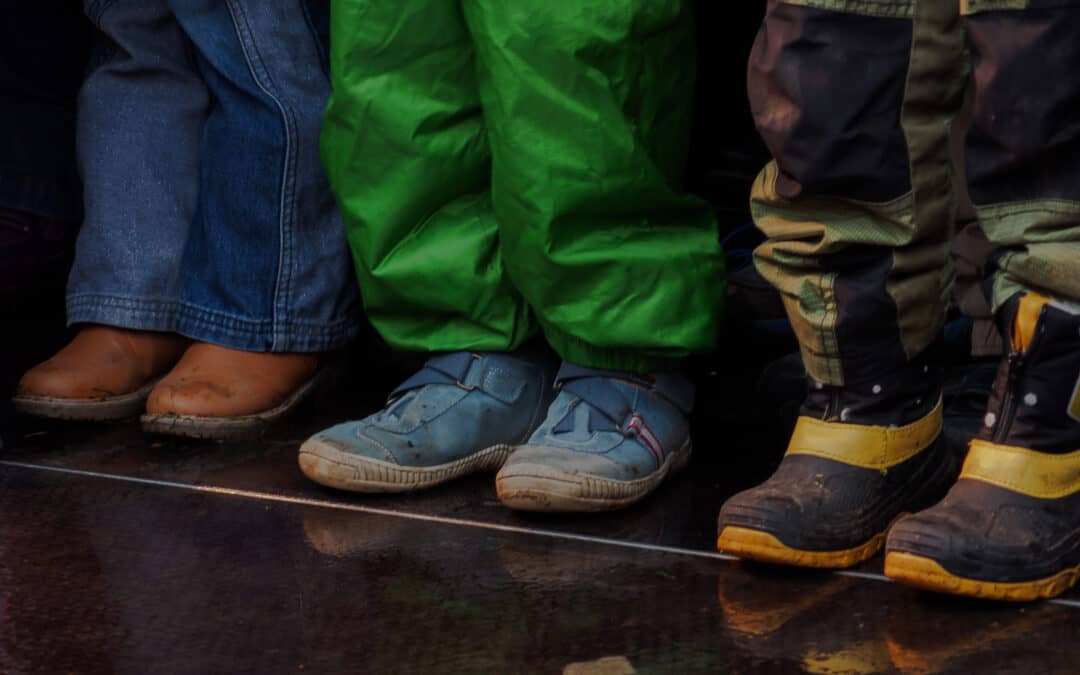Three children had been living with their grandmother under interim care orders since September 2019, pending a fact-finding hearing listed for November 2020. The reason for the care orders was that one of the children had suffered a fracture, and their mother was one of the people who may have caused the injury. The children had been seeing their mother three times a week until the COVID lockdown began in March. These meetings had been supervised by a local authority employee. From March, this changed to indirect contact only. In June, the mother applied for a contact order under section 34 of the Childen Act 1989, that face-to-face contact be resumed. Fortunately, in mid July, the local authority agreed to start face-to-face contact again, so the matter was resolved for this family, but the Court addressed the important principles about contact during the pandemic. The judgment is Re D-S (Contact With Children In Care: Covid-19) [2020] EWCA Civ 1031 We wrote about the potential problems in maintaining contact during the lockdown and how local authorities might mitigate these back on 11 April.
In Re D-S, Sir Peter Jackson concluded:
What had happened in Re D-S was that the judge in the Family Court had turned down the mother’s application because he concluded that the indirect contact being offered was ‘reasonable’ in the terms of local authority duties. He said:
In these unprecedented times it is difficult to set out precisely what level of contact is “reasonable”. Regard must be paid to Government guidance around issues such as social distancing and the use of PPE. Such guidance is not always consistent from one day to the next. A local authority is entitled to have regard to its own resources in terms of the number of staff available to it to facilitate face to face contact with staff numbers inevitably reduced because of individual decisions taken to self-isolate and the need to deploy social workers to areas of highest priority when issues of safeguarding arise. To create exceptions to the current situation where all contact between parents and children in the care of NCC is restricted to indirect contact produces an equality of unfairness in that there is nothing particularly exceptional about the position of the mother here.
The Court of Appeal said that the judge had been wrong because the question for the court was not whether the local authority’s position was reasonable, but what contact was appropriate, giving paramount consideration to the children’s best interests and taking account of all the circumstances, including the reality of the pressures on services at the present time. The judge should have ordered a short adjournment to enable the local authority to provide the court with more information.
Sir Peter Jackson made it clear that although contact arrangements for looked-after children are likely to be affected by COVID restrictions, and that, for practical reasons, there may have to be less contact than had been planned as meeting the child’s welfare, decisions must be made based on all three of these factors: the children’s situation, the current goverment guidance in place, and the local authority’s resources.
This is a useful and timely clarification. For more information and an excellent summary on children’s welfare and contact, in a range of placements, there is a recent research review from the Nuffield Family Justice Observatory.
(Edited 10 August: This judgment was reported on 5 August by the BBC as ‘Judge wrong to ban mum seeing children, Court of Appeal rules’ and, with a more accurate headline, by the Nottingham Post as ‘Judge wrong to decide mother could not spend time with children during lockdown‘. The case involved Nottingham Council.)
Image – thanks to Libreshot.
——————————————————-
We have a small favour to ask!
The Transparency Project is a registered charity in England & Wales run largely by volunteers who also have full-time jobs. We’re working hard to secure extra funding so that we can keep making family justice clearer for all who use the court and work within it. We’d be really grateful if you were able to help us by making a small one-off (or regular!) donation through our Just Giving page. You can find our page, and further information here.
Thanks for reading!
